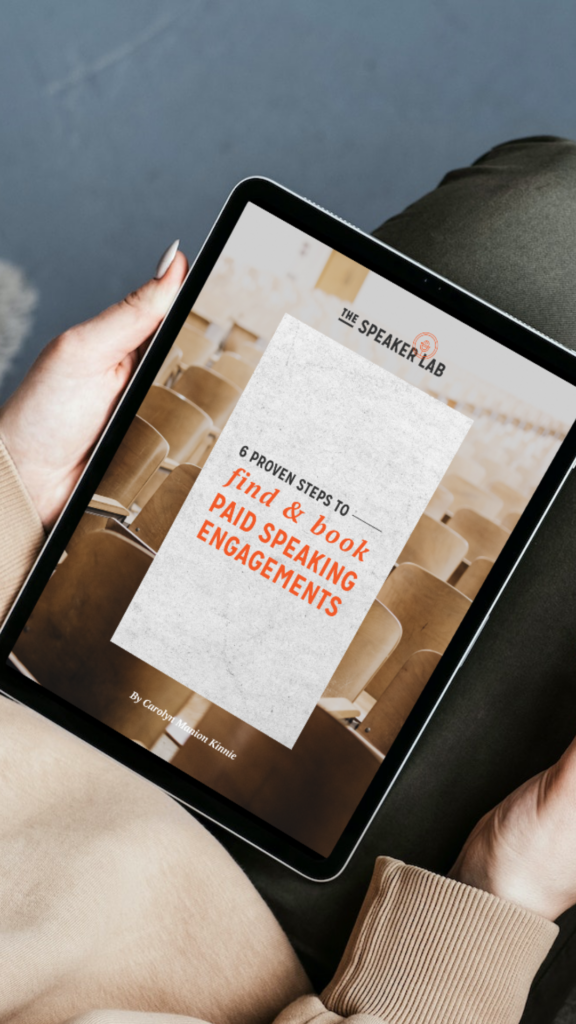We are back with another YouTube speech breakdown; this time we are giving you the ins and outs of what works and what doesn’t from the venerable Mel Robbins.
On today’s The Speaker Lab, we are breaking down Mel’s very popular Ted Talk called How to Stop Screwing Yourself Over. Mel is a well-known keynote speaker and presenter so you will learn a lot from her speech. Be sure to hear it all by tuning in to episode 235 of The Speaker Lab.
THE FINER DETAILS OF THIS SHOW:
- What pieces of your speech should be the most tightly scripted?
- Is there a way to create humor without using words?
- What types of callbacks should you use in your speech?
- What lighting is best for you on stage?
- What is one way to emphasize a powerful moment?
- Why should you leave the stage and walk among the audience?
- What works best for slides?
- How to use call and response in your presentation.


